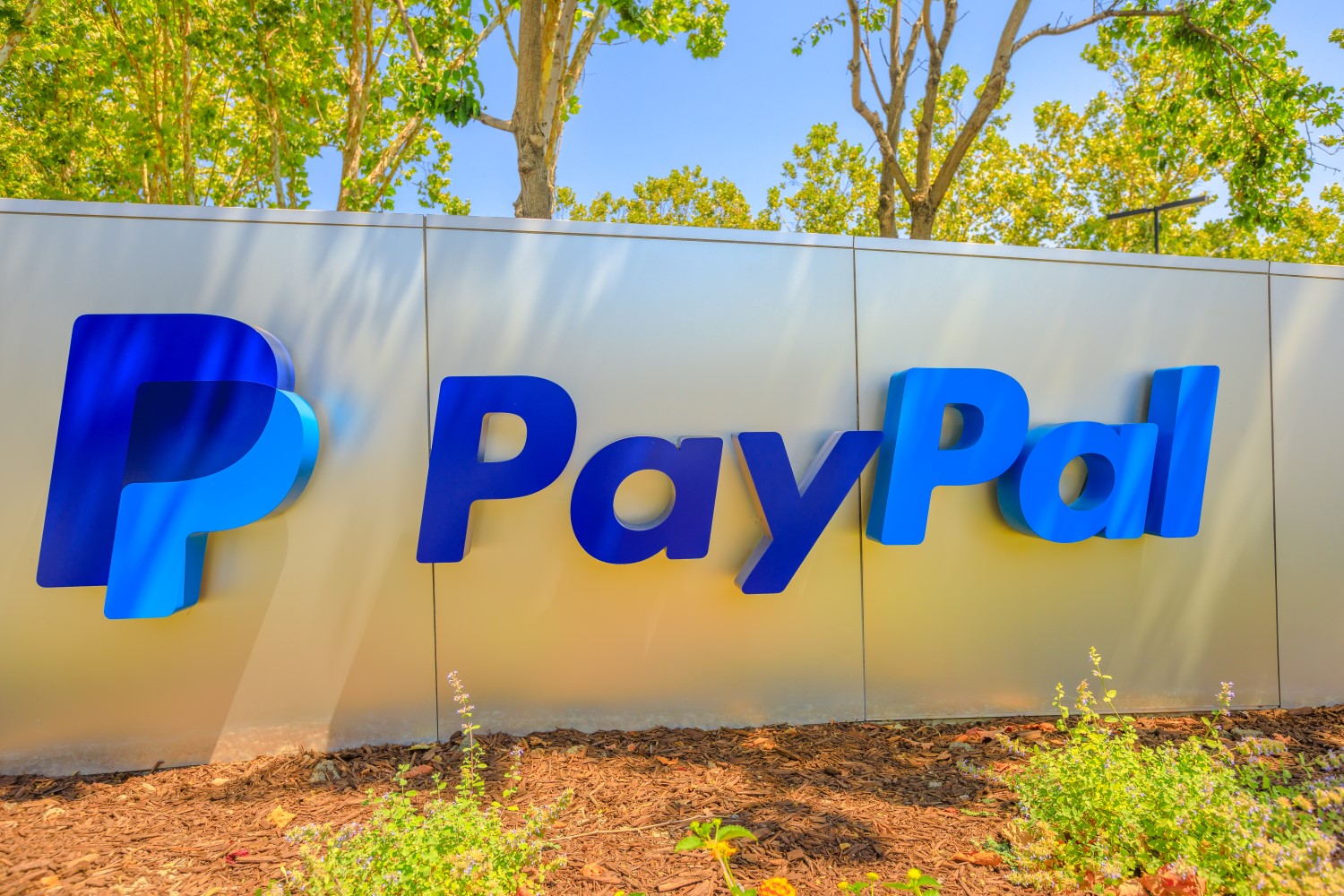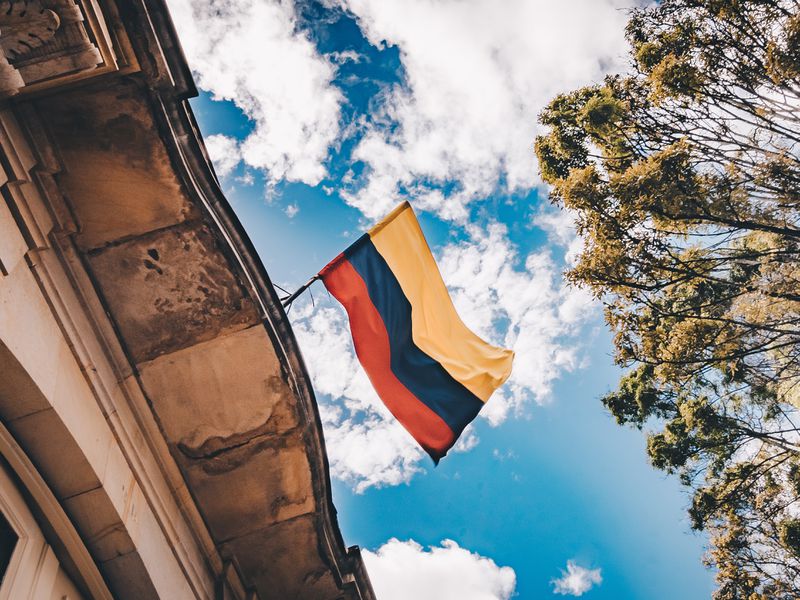A New Token Is Coming To Ethereum – And It’s Fully Bitcoin-Backed
In January, a new token is being launched on the ethereum blockchain that will be backed one-for-one by bitcoin.
The companies behind the initiative include decentralized exchange startups Kyber Network and Republic Protocol, as well as cryptocurrency custody company BitGo. What’s more, a number of ethereum-based projects are also reported to support adoption of the token once released.
Decentralized cryptocurrency exchanges and finance-focused blockchain projects participating as “launch members” include MakerDAO, Dharma, Airswap, Gnosis, IDEX, Radar Relay, Compound, DDEX, Hydro Protocol, Set Protocol and Prycto.
Aimed at broadening the use case of bitcoin to act as more than strictly a peer-to-peer payments tool, the “wrapped bitcoin” or WBTC token will facilitate the use of bitcoin for any decentralized application running on ethereum.
Calling it “the best of both worlds,” CTO of BitGo Benedict Chan characterized WBTC as possessing both “the stability of bitcoin and the flexibility of ethereum.”
Chan told CoinDesk:
“It’s very similar in some ways to how people created banknotes that represented a pound of gold. A pound of gold was heavier and it took longer to trade. You could use a note which represented a pound of gold and it was well accepted.”
Keeping full custody
In the case of WBTC, BitGo is the primary custodian in charge of holding a reserve of bitcoins to back all minted WBTC tokens in circulation on the ethereum blockchain.
And unlike other stablecoins pegged to fiat currencies, WBTC tokens will feature a full proof-of-reserves verifiable directly on the two blockchains.
“The beauty of that is all we have to do is put up a webpage and show all the addresses that have the bitcoins … and at the same time, people will be able to check how many WBTC are in existence just by looking … on the ethereum blockchain,” said Chan.
Apart from a bitcoin custodian, there are also registered “merchants” responsible for disseminating and redeeming WBTC tokens to all users. Currently listed to be the Kyber Network and Republic Protocol, merchants complete transfers of WBTC for bitcoin and vice versa, in the form of atomic swaps.
As background, atomic swaps facilitate two-way cryptocurrency trades across different blockchain platforms without any risk of one party defaulting on their end of the agreement.
This ensures that for every transfer of WBTC for bitcoin (or the other way around), reserves remain “one-to-one backed and totally verifiable” as highlighted by Chan.
Keeping things moving
The initiative by BitGo, Kyber Network and Republic Protocol is envisioned to be a community-driven effort.
Looking to expand services to a growing number of WBTC users, the goal is to eventually onboard several custodians and merchants in the long run.

WBTC token dissemination structure. Image courtesy of Kyber Protocol.
To this end, Loi Luu, CEO of Kyber Network, emphasized that with the official launch of the WBTC token in January of next year, a decentralized autonomous organization (DAO) would also be activated and tasked with overseeing the ongoing development of the project.
Luu explained told CoinDesk:
“One of the main reasons why many projects support this initiative is because there’s a DAO that’s going to govern the whole project including making major upgrades, adding more features, adding more merchants, even adding new custodians as well.”
As of now, what remains undetermined is the list of the companies that comprise the DAO, as well as specifications on how DAO members will propose and vote on improvements to the WBTC token.
Expected to be publicized on code-sharing platform GitHub at a later date, Luu affirmed that decentralized leadership would be a key component to the success of the WBTC token.
“I think it couldn’t be that successful if the initiative is owned by Bitgo or by Kyber [Network] or Republic [Protocol] alone,” said Luu.
New shiny Bitcoin laying on a pile of old euro cent copper coins image via Shutterstock
The leader in blockchain news, CoinDesk is a media outlet that strives for the highest journalistic standards and abides by a strict set of editorial policies. CoinDesk is an independent operating subsidiary of Digital Currency Group, which invests in cryptocurrencies and blockchain startups.








